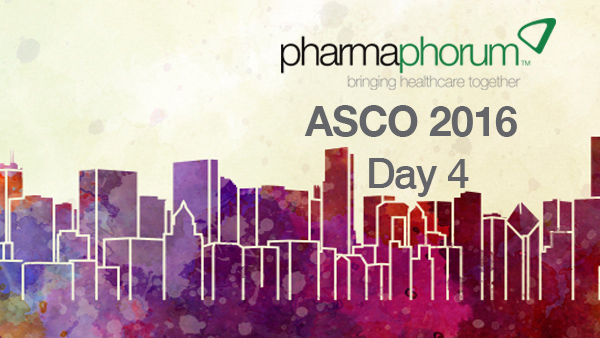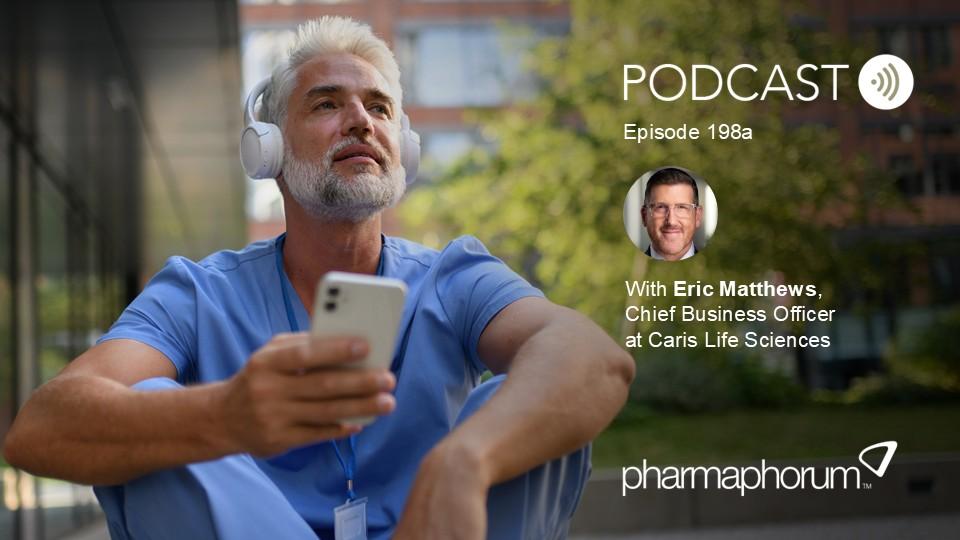Eye on ASCO Day 4 - Moonshots, Money and Mobile apps

It is not often you get searched by the US secret service when you go to a medical meeting. However it was not a case of the law catching up with your correspondent but the arrival at ASCO of vice president Joe Biden to lay out plans for the National Cancer Moonshot Initiative.
He called on the gathered scientists to not work on their own, chasing publication in medical journals. “No single oncologist or cancer researcher can find the answers on his or her own,” Mr Biden said, arguing that “it requires somewhat of a change in mindset. It requires a lot more openness - open data, open collaboration and open minds.”
The VP covered a wide range of areas in his speech, observing that just 3% of cancer patients are in clinical trials, which is unacceptable. He does not want patients not being able to be on a study “because they can't afford gas to get there, or a babysitter”.
Earlier in the day, he announced that all of the data from government-funded cancer trials will go into a new open access database launched at the University of Chicago. Mr Biden urged the attendees to “help us create a system that rewards team science and makes it the norm, not the exception”.
He was funny too, saying that cancer “is the only bipartisan thing left in America right now”. Once the Moonshot was launched, Republicans contacted him to see how they could help - “if I said I was bringing peace in our time, I wouldn't have gotten a single call”.
Mr Biden’s address came as ASCO started to wind down, a conference where precision medicine and how much it costs has dominated. Cost featured heavily again on day four with a presentation from Daniel Goldstein of Rabin Medical Center in Petach Tkvah, Israel.
He looked at median retail prices for 23 cancer drugs (15 generic and eight patented) in seven countries - Australia, China, India, South Africa, the UK, Israel and the USA. The highest were in the USA and the lowest in India and South Africa but employing a per capita GDP model, cancer drugs are still less affordable in low-income countries, despite the lower retail price.
Dr Goldstein noted that cancer drugs appeared to be most affordable in Australia, followed by the UK and then the USA, while China and India were the countries with the lowest ability to pay.
The figures do not include discounts and rebates and he agreed with pharmaphorum when asked if he thought it unlikely that governments, insurance companies and drugmakers would come clean on secret pricing deals. However that does not mean this analysis is any less valid, Dr Goldstein said.
On the data front, there were yet more successes for immunotherapies, including Merck KGaA and Pfizer’s PD-L1 inhibitor avelumab against Merkel cell carcinoma. However, the simplest ideas can sometime be the best.
Take for example a mobile follow-up app called Moovcare. In a phase 3 study, it was demonstrated that the median overall survival of advanced lung cancer patients who used the application was 19 months, compared to 12 months for those who received standard follow-up care.
So a very interesting but not spectacular ASCO draws to a close. Time to head for O’Hare airport where hopefully it will not take nearly three hours to get out as it did to get in.
Thanks for reading, see you next time.
Kevin Grogan is on site at ASCO and reporting each day for pharmaphorum – to view our full coverage generated throughout the conference click here.












